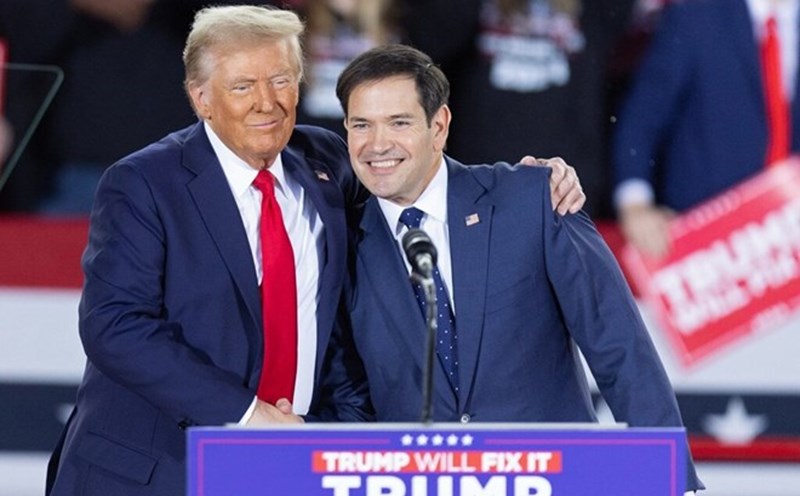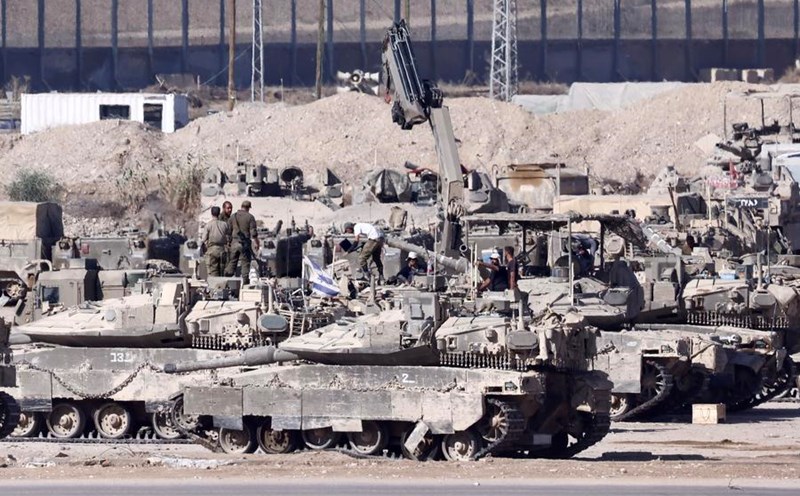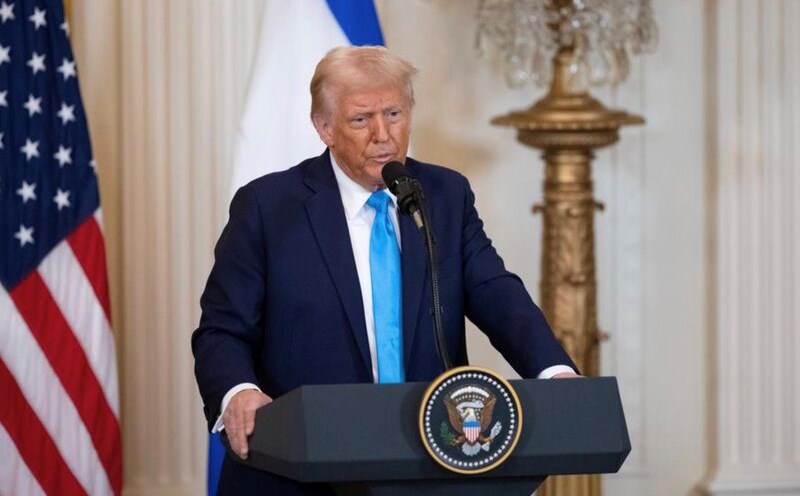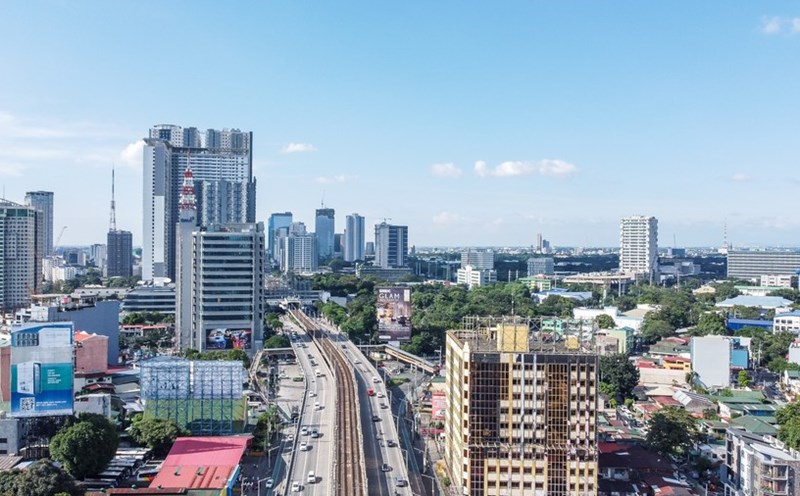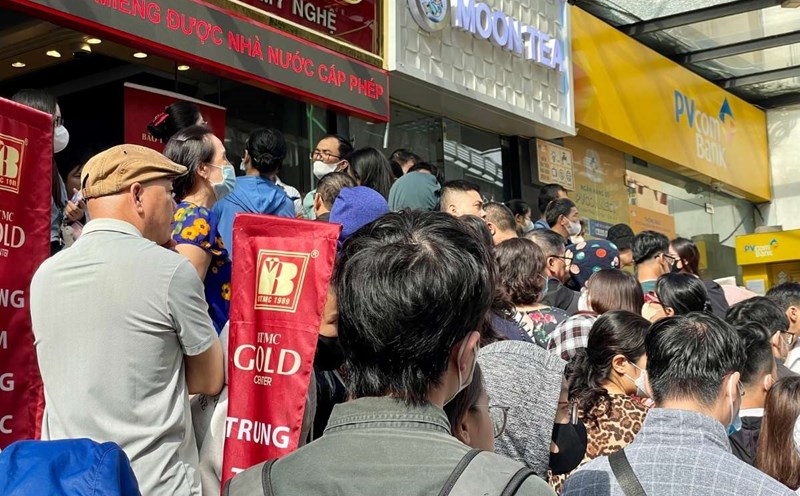Commenting on a recent post by President Donald Trump, Middle East analyst Mehmet Rakipoglu said that Mr Trump's unfinished work here is the ambition for a second version of the Abraham Agreement.
Accordingly, the goal is to convince more Arab countries, especially regional powers such as Saudi Arabia, to officially recognize and establish diplomatic relations with Israel.
The Abraham deal, signed in September 2020 under the brokerage of the Trump administration, has created a geopolitical turning point. Countries such as the UAE, Bahrain, Morocco and Sudan have agreed to normalize relations with Israel, in return for economic benefits, access to technology and security cooperation, especially in the context of sharing concerns about Iran.
Previously, the policies of the Arab countries were based on the "Arab Peace Initiative" proposed by Saudi Arabia in 2002 . The initiative offers a very clear formula: The Arab countries will only recognize and normalize relations with Israel after Israel withdraws from occupied territories and an independent state of Palestine is established.
In other words, it is " first peace for Palestine, then relations with Israel". However, the Abraham Agreement has reversed this order, prioritizing the normalization of bilateral relations first and temporarily putting the Palestine issue on hold. For the Palestinians, this is the reason why their problem is still "unfinished".
However, Mr. Rakipoglu said that expanding this model currently faces a huge challenge, which is the Palestine problem.
For an influential power like Saudi Arabia to participate, the deal must bring some specific and significant benefits to the Palestinians, otherwise it would face fierce opposition from the Islamic world.
With this deadlock, along with the assessment that Israel's position is weakening "like a sunken ship" after conflicts and internal political instability, the analyst predicted a major geopolitical change.
Accordingly, the US may have to change its strategy. Instead of just being an intermediary, the US could pave the way for other regional powers like Turkey, with the cooperation of Arab countries, to participate more deeply in mediation roles to seek a new stabilization solution for the entire region.

